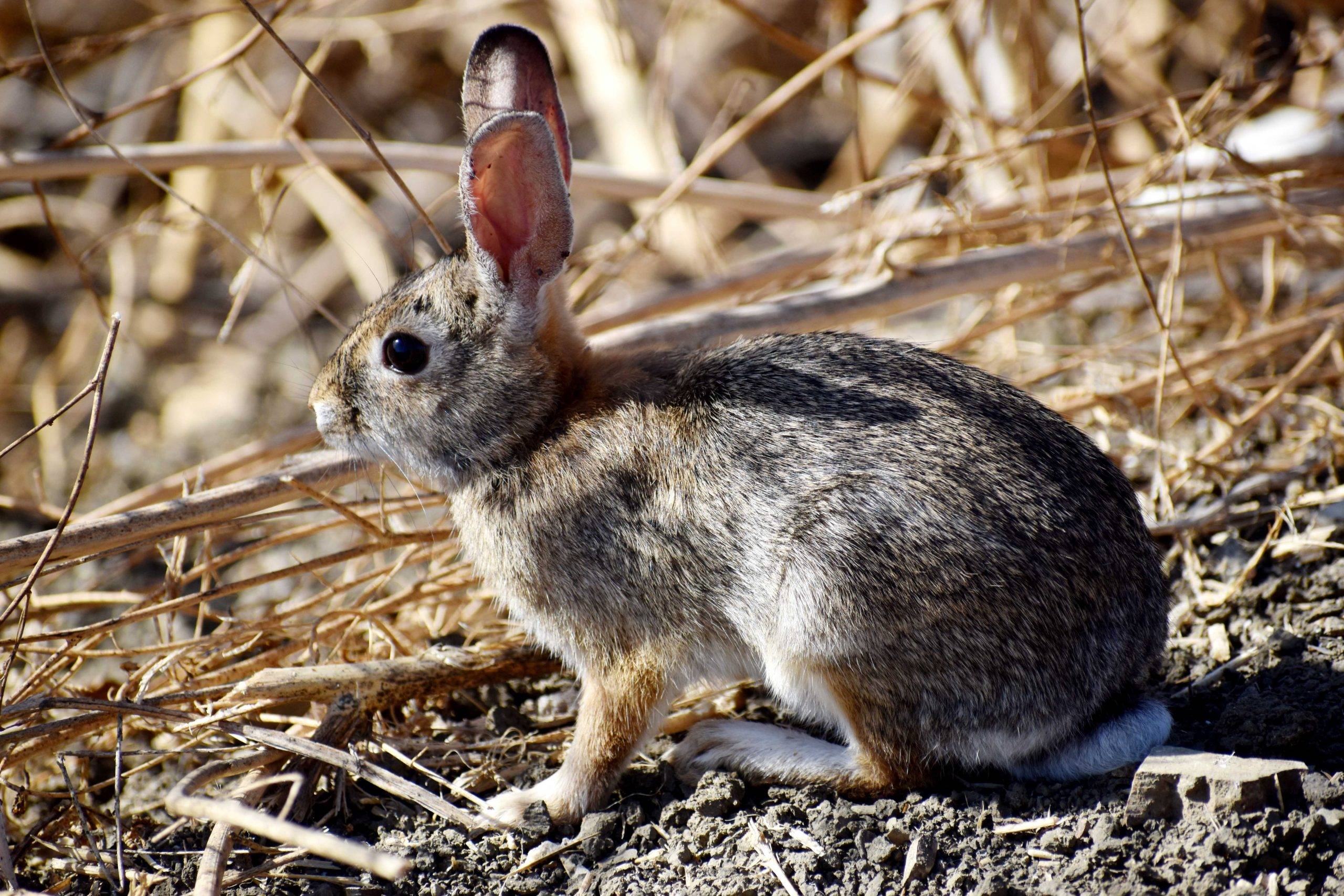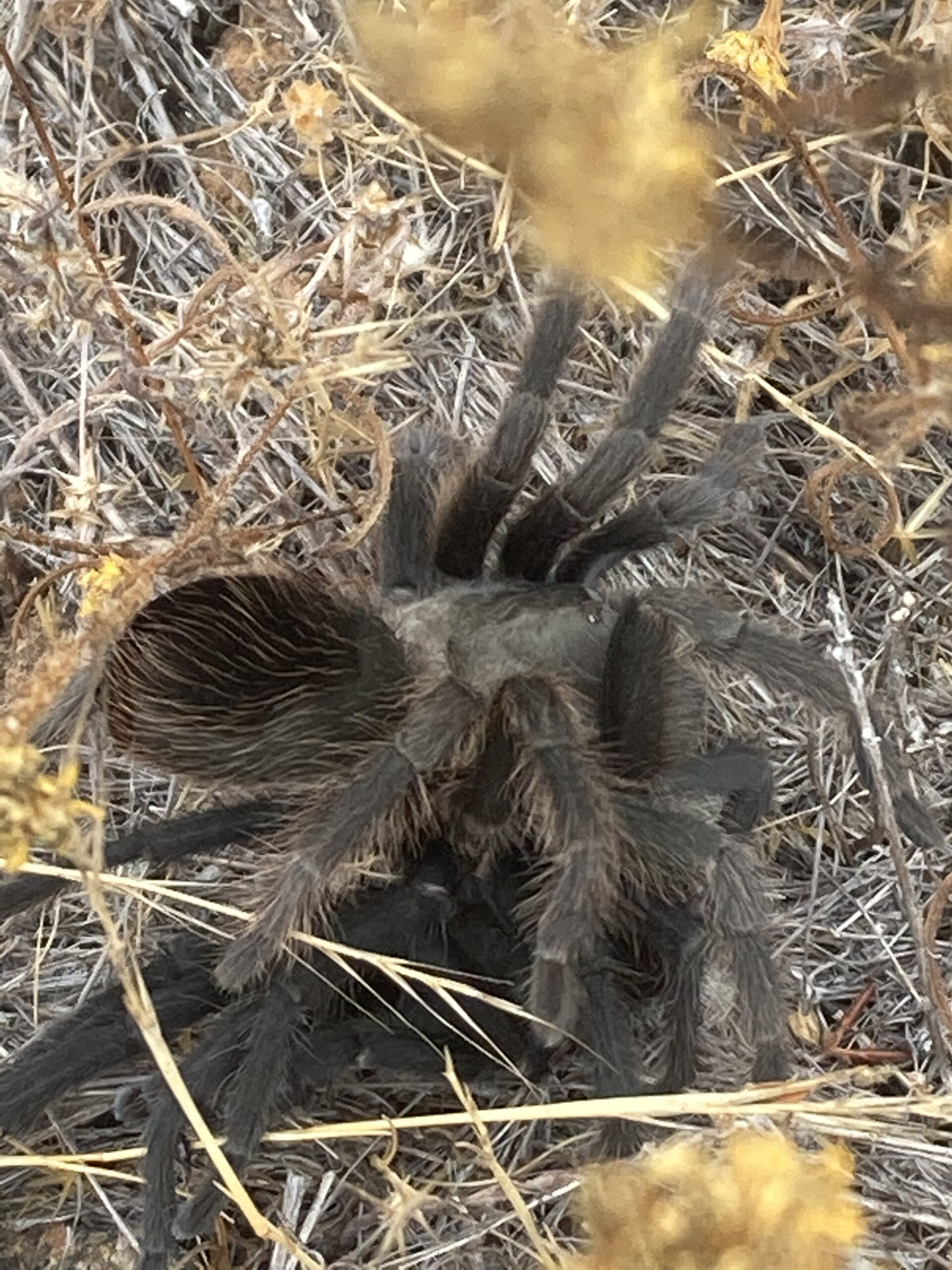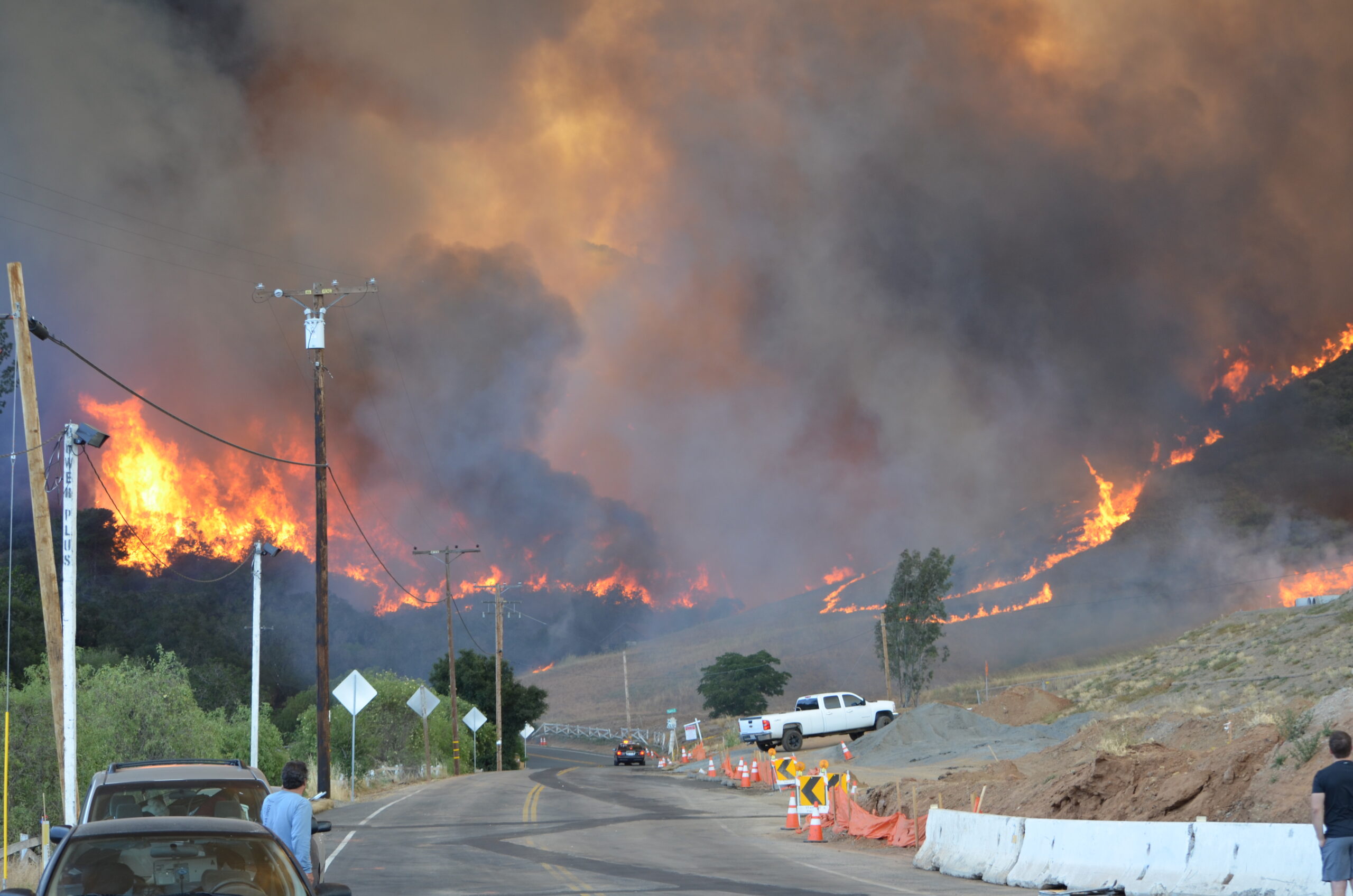
Are rabbits in for their own pandemic?
While many of us are focused on the COVID-19 pandemic, a different outbreak is sweeping the local animal world—Rabbit Hemorrhagic Disease Virus (RHDV). RHDV2, the strain of the disease that is currently spreading across the Southwestern United States (including San Diego County) was first identified in France in 2010. Scientists didn’t realize that RHDV2 (unlike a previous strain, known as RHDV1) could affect North American rabbits until a few months ago, when the current outbreak began. By contrast, the RHDV1 strain only affects European rabbits, including those kept as pets. Also unlike RHDV1, RHDV2 appears to affect all members of the Lagomorph family, threatening hares and possibly pikas, in addition to rabbits.
RHDV has wreaked havoc on native rabbit populations in European countries, and has even been used in Australia as a method of population control for invasive rabbits. The current U.S. outbreak is estimated to be 90% fatal, and the disease is very difficult to kill—it is able to survive outside a host for months and alcohol-based disinfectants are ineffective against it. The disease can be spread by rabbits themselves, but also by unsuspecting predators, insects, and even humans. And although the virus only affects lagomorphs, it has the potential to have wide-reaching ecological consequences. Since many predators, like coyotes, bobcats, and hawks depend on rabbits for food, a drop in the rabbit population, due to RHDV, could make it difficult for these animals to find sufficient prey.
While vaccines have been developed to protect pet rabbits from RHDV, scientists have not yet found an effective way to protect wild rabbit populations. Right now, the most important thing we, as citizens, can do is help scientists to track the spread of RHDV.
If you see a dead wild rabbit, with no obvious cause of death, report it to the California Department of Fish and Wildlife’s Wildlife Investigations Lab using the phone number or website below:
(916) 358-2790
https://wildlife.ca.gov/Conservation/Laboratories/ Wildlife-Investigations/Monitoring/Mortality-Report




